Elves, Crocodiles & Waters That Grant Fertility: The Many Wonders Of Langkawi’s Tasik Dayang Bunting
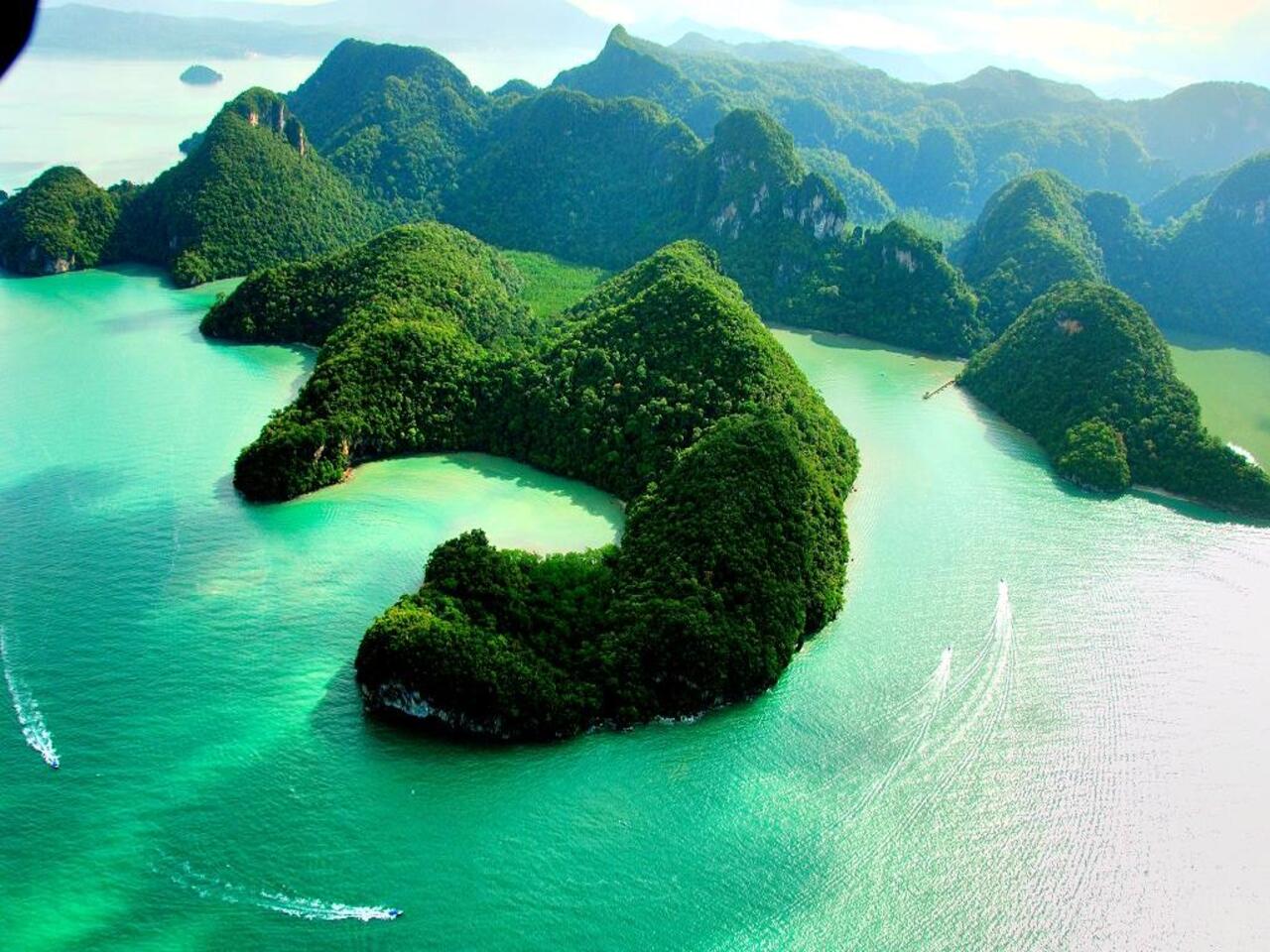 Thirsty for JUICE content? Quench your cravings on our Instagram, TikTok and WhatsApp
Thirsty for JUICE content? Quench your cravings on our Instagram, TikTok and WhatsApp
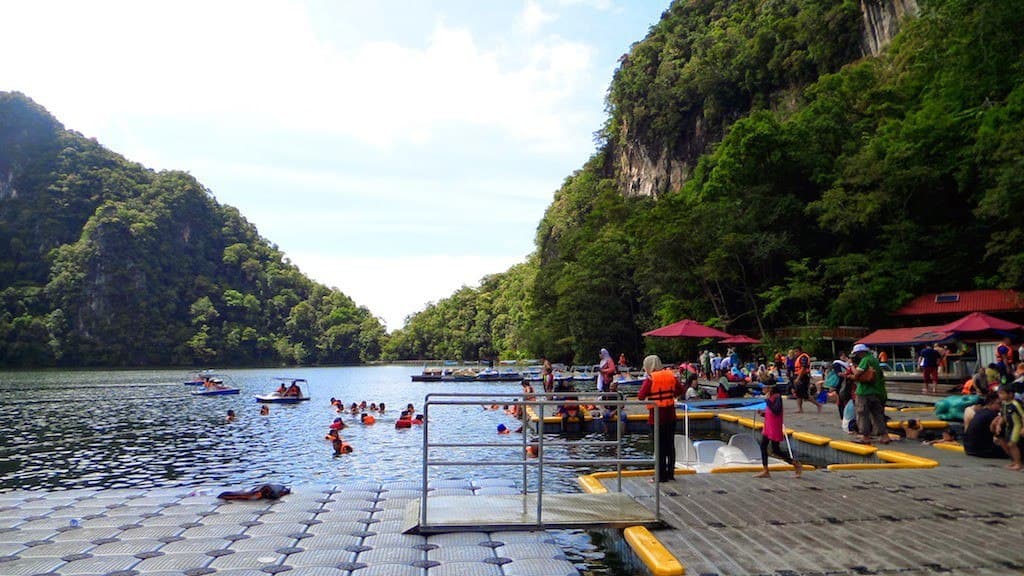
Rich in culture, Langkawi arguably holds some of Malaysia’s greatest treasures. Along the length of the archipelago lies the famed legend of Mahsuri, the Field of Burnt Rice (Beras Terbakar), and the tale of a vampire in Gua Langsir- just to name a few.
In this piece, JUICE discusses Tasik Dayang Bunting, known as the ‘lake of the pregnant maiden’.
Waters that grant the miracle of parenthood
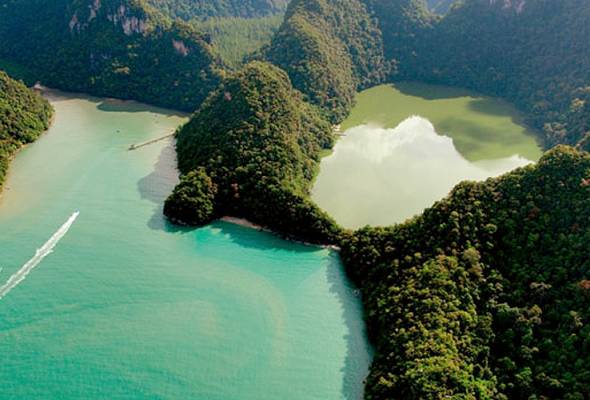
The moniker of the lake comes from the popular myth of Mambang Sari, an otherworldly princess who lost her newborn child just a week after childbirth. She was seduced into marrying Mat Teja, a prince who had fallen hopelessly in love with her.
It is said that she buried her baby boy’s ‘celestial’ remains in the water, hoping his soul would find peace as she mourned his passing. The princess then granted the lake’s waters the ability to boost fertility in all those who swam in or drank the water.
Needless to say, this legend attracts a lot of tourists who are ready to dip their toes in the water in the hopes of becoming parents. Some even go as far as to say that even barren women are blessed with the miracle of a child upon consuming the water.
Intriguing as it is, this isn’t the only mythical occurrence surrounding the Tasik Dayang Bunting.
12 villages inhabited by elves surround the area
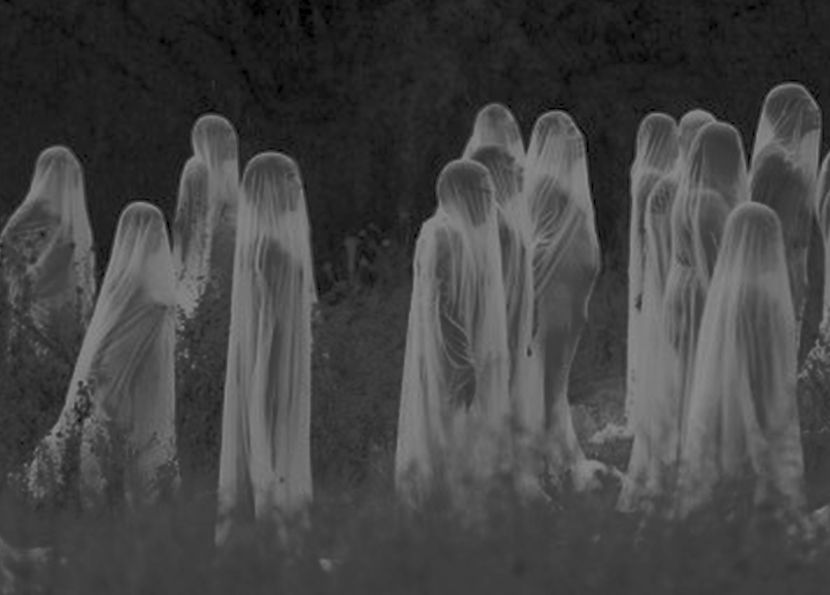
As previously reported by Berita Harian, there is also the question of bunian (elfin) creatures who are said to reside along island. Legend has it that at least 12 villages inhabited by the elves cloak the area around Dayang Bunting Island.
Langkawi Development Authority’s (LADA) Eco-Tourism Sdn Bhd Operations Executive, Mohd Nafizal Abu Bakar, had even admitted to witnessing this for himself, thus further strengthening all the allegations that have shrouded the land.
Mohd Nafizal, who led a group of 18 LADA workers who camped on Dayang Bunting Island, claimed to have heard the melodious sound of verses from the Holy Quran being recited at midnight on that particular Friday when he spent the night on the island. He also asserted that he was visited by a woman in white clothing who walked towards the jetty at around 2:30 a.m. that night, before the ‘spirit’ walked away.
“I’m not the only one who has had such an experience. One of my staff members were slapped indiscriminately at noon while on duty at the jetty. We regard these as ‘pranks’ played by the elves, and as long as we don’t anger them, the disturbances are not too serious. For us, it’s normal for a place surrounded by forest like this,” he said.
Two mythical, white crocodiles guard the lake
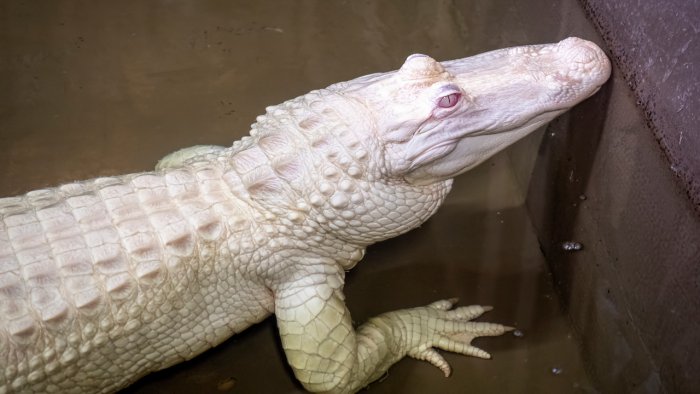
Mohd Nafizal added that he had been approached by tourists who ran away in fear after claiming to have encountered a white crocodile about three metres long in Tasik Dayang Bunting, prompting them to leave the island in a hurry.
“In addition to the incident involving these tourists, there was another similar instance involving three men from Australia. I tried to calm them down by telling them that maybe it was just a lizard, but they insisted that it was a crocodile based on its appearance,” he said.

Based on the stories and opinions of older residents around the island, there are two white crocodiles in the lake, believed to be linked to the aforementioned mythical story of Mambang Sari.
“It is said that the child born to Mambang Sari died and was buried in Tasik Dayang Bunting before turning into a crocodile to act as a guardian. Another crocodile is said to be the incarnation of Mambang Sari’s husband and both of them are responsible for guarding this lake from any ‘unwanted things’,” explained Mohd Nafizal.
In any case, he notes that tourists should not worry about the presence of the ‘creatures’, and as long as they do not do anything that the ‘permanent residents’ do not like, they can pretty much rule out the element of danger.
Have you been to the lake? What do you think?


 Get Audio+
Get Audio+ Hot FM
Hot FM Kool 101
Kool 101 Eight FM
Eight FM Fly FM
Fly FM Molek FM
Molek FM

